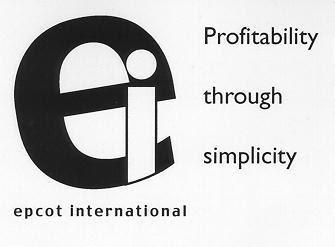Patents are filed to preserve intellectual property for the duration of the patent life. This is the fundamental right of every inventor as they protect their invention from competitors and gives them competitive advantage. Pharmaceuticals have relied on this right to preserve their inventions. These patents are a treasure trove for the competitors and folks who want to violate someone else’s intellectual property.
Fine/specialty chemicals and coatings are generally commodity products and relative to pharmaceuticals do not face many contentious patent battles. However, due to high profit margins, the patent game is very different for the pharmaceuticals.
Tradition has been that when filing patent for a new chemical molecule generally extensive information about different synthesis paths that have been explored and could be used to manufacture the new molecule are included in the patent. The intent is to block competitors from making the same chemical by the routes that have been used and suggested in the patent. Information disclosed in the patents is of significant benefit to the competitors and/or other inventors to create processes that are better than the ones created by the original inventor/s.
With the changing economic global landscape the World Trade Organization (WTO) membership has grown. Suddenly the global creative pool has expanded multifold. Creative minds in the developing countries have started to exploit the knowledge in the public domain. Internet has been a boon to their creativity and imagination. They are able to reduce their process development time as they judiciously use the knowledge that is easily available. They are also able to develop and create processes and chemistries that are simpler and cheaper than the original invention. Ten years ago all this was unthinkable.
Generics as well as brand companies are using different strategies to capitalize on such fetes. Knowledge is being effectively used to challenge pharmaceutical patents following Hatch-Waxman Para IV provisions. Patents from competitors are being used to prevent cost reduction of existing products. Generics have enjoyed significant benefits through “pay for delay” and other collaborations. It is well known that “pay for delay” is being used to delay generic entry i.e. lower costs for the consumer. I call the patents and contained information a double edged sword.
As the global pharmaceutical playing field changes, businesses have to address a question. Any company that has invented a new molecule to cure a disease will file a patent. It has to give a method of synthesis but does it have to give its alternate routes from literature. By giving minimum information it would make the literature search for others a challenge. Inventor company would have developed proprietary manufacturing process/s. They are company’s confidential information and can be protected through proper documentation. Point is why make things easy for competitors in this competitive world. I have relied on such confidentiality and been able to protect the synthesis methods and associated technologies.
Patent attorney’s would defend what has been the tradition. Business people have to decide what should be path forward while considering the advice of their patent counsel. My conjecture is that least shared is most protected and could prevent patent invalidation/challenges based on synthesis routes. Any strategy that challenges competitors is an advantage for me. Anyone can chime in with their opinion.
Girish Malhotra, PE
EPCOT International
